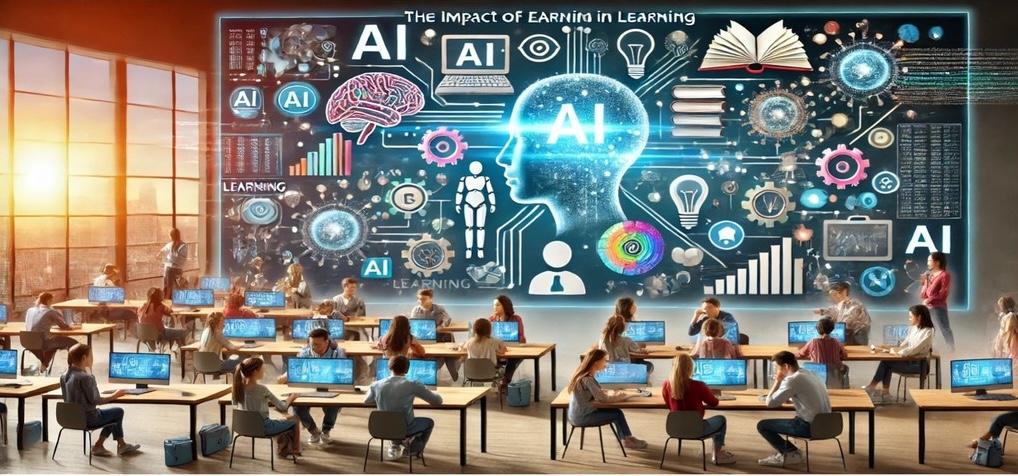AI Revolution in the Future of Learning

Learning has always been integral to human life. Every culture has pursued knowledge, and those who had it to their names, were the most powerful and respected throughout history. The intellectual, industrial, and technological growth in the past 150 years has far surpassed that of the previous 10,000 years. Of course, we’ve also managed to deplete more natural resources in these last 150 years—but that’s a topic for another day.
As the old platitude goes, knowledge is power. The Bhagavad Gita states, "Na hi jnanena sadrusham pavitram iha vidyate" (4.38), which means, “In this world, there is nothing as purifying as knowledge.” A Tamil king and poet from the 16th century, Athiveeraramapandian, echoed this sentiment: “கற்கை நன்றே கற்கை நன்றே பிச்சை புகினும் கற்கை நன்றே,” meaning that “one must pursue education, even if it means begging for it”.
Now, we’re in the AI era, where every answer is at our fingertips. Even googling is starting to feel outdated. We’re facing two dynamics: first, every tech professional is eager to learn AI to stay relevant. Second, organizations are pushing for their employees to become proficient in AI, knowing they can’t afford to fall behind—lest they end up obsolete, much like “Googling”.
On average, organizations spend about 5% of their revenue on employee training. That’s around $2,000 per employee, translating to over $100 billion globally. Learning Management Systems (LMS) are the key tools organizations use to manage this training, offering platforms to streamline and optimize the process.
At Rakuten India, where innovation drives our culture, AI is at the forefront of reshaping learning. The future of learning is being revolutionized by AI’s capacity to personalize training, provide real-time feedback, and optimize learning experiences to align with both individual and organizational goals. This shift is especially significant in a global company like Rakuten, where diverse teams span multiple geographies and industries.
No More “One-Size-Fits-All”
One of AI’s most transformative roles in corporate learning is its ability to deliver personalized training at scale. By assessing individual progress, understanding career aspirations, and identifying skill gaps, AI tailors content to suit each learner’s specific needs.
For example, employees can now access curated courses on leadership, project management, or emerging technologies like AI and blockchain, based on their roles and performance data. This personalized approach ensures that every employee, whether in engineering, sales, or product management, has the knowledge and skills needed to excel in their unique role.
AI-Powered Assessments and Real-Time Feedback
Continuous improvement is part of organizational DNA, but traditional assessments tend to be one-size-fits-all. Why can’t assessments grow in complexity as the learner’s knowledge deepens?
AI addresses this by adapting assessments to the learner’s progress, gradually increasing difficulty and tailoring feedback in real-time. For example, it can analyze how employees perform on quizzes or tasks, immediately recommending areas for further study or suggesting new learning modules. This timely feedback helps employees course-correct on the fly, leading to better retention and application of new skills.
Challenges and Ethical Considerations
While AI is powerful, it’s still evolving, and like any tool, it can make mistakes. We need to be cognizant of what we learn from it and what we question. AI can be smart, but is it wise? A human trainer can explain concepts through real-world examples—can AI do that? It can answer tech questions, but can it navigate ethical or moral dilemmas?
AI’s influence is unstoppable. Learning AI and learning through AI is the future. While we can make predictions, only time will tell how this transformation will unfold.

Sivakumar Gururajan | RIEPL
October 24, 2024

